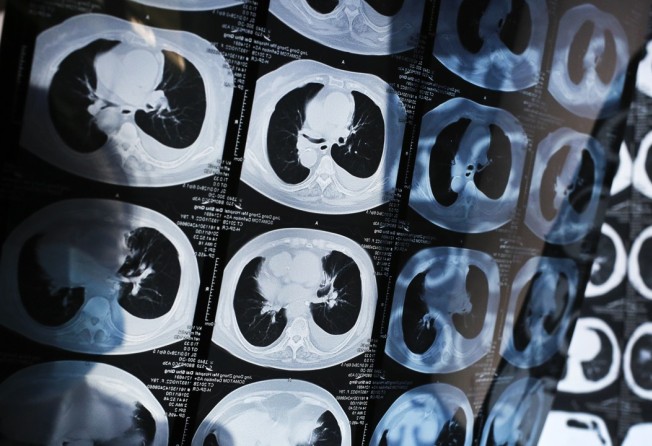Exclusive | Yitu unveils new AI cancer detection tool, hailing such products ‘great creations in human history’
- The start-up is one of dozens of AI companies that have emerged to apply know-how in computer vision and natural language processing to detecting cancer
Sarah Daiin Beijing

Yitu Technology, a leading Chinese artificial intelligence start-up, has introduced a new AI cancer screening tool aimed at reducing the workload and improving diagnostic capabilities for radiologists around the world.
Unveiled at the Radiological Society of North America’s annual conference in Chicago on Wednesday, the tool enables machines to make diagnosis and treatment recommendations within seconds based on a comprehensive array of inputs, including patient scans, ultrasounds, pathology specimens, genetics and written records.
Print option is available for subscribers only.
SUBSCRIBE NOW